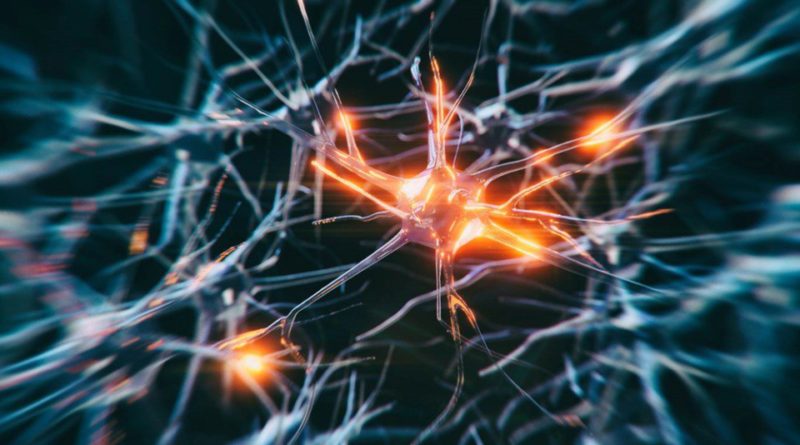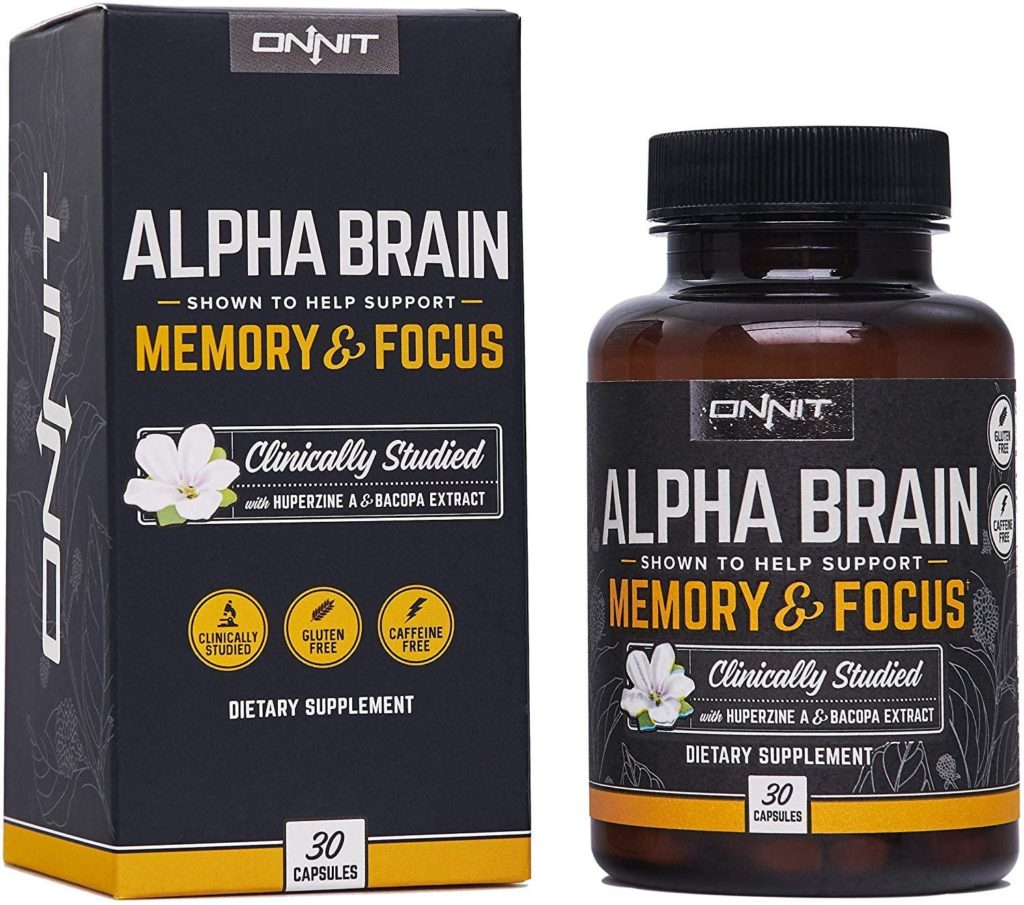ADHD Meds Might Treat Alzheimer’s Disease
[Please note that this page contains affiliate links. If you choose to purchase after clicking a link, I may receive a commission at no extra cost to you.]
According to a new study published in the Journal of Psychiatry, Neurology, and Neurosurgery, neuroscientists from the Imperial College of London discovered “compelling evidence” that medication used for attention deficit hyperactivity disorder (ADHD) can effectively treat cognitive symptoms in Alzheimer’s disease.
One of the obvious signs of Alzheimer’s disease is the creation of protein aggregates in the brain. In the 1980s, a group of researchers from the University of Manchester found that a cluster of neurons in the brainstem, named the locus coeruleus (LC), displayed signs of deterioration in people with Alzheimer’s. But degeneration happens throughout the brain with Alzheimer’s disease. This region is fascinating.
The LC is oddly small, made up of only 50,000 neurons. (A human brain holds 86 billion neurons.) Although, it gets input from a minimum of 111 distinct brain regions and converts that input into noradrenaline (NA, also named norepinephrine), one of the four primary neurotransmitters.
Norepinephrine can influence most of the brain’s regions, helping regulate everything from base arousal to cognitive and behavioural functions, like learning, memory, attention, and executive function. This means the LC listens to what specific regions in the brain have to say, and then the release of NA tells the brain what to do.
When the LC deteriorates, like in people with Alzheimer’s, less norepinephrine is available to help regulate brain function. This may suggest that meds that increase NA, like some ADHD medicine, can improve neuropsychiatric and cognitive symptoms in those with Alzheimer’s.
In the last 40 years, small clinical trials have tested the effects of norepinephrine-targeting meds on neuropsychiatric and cognitive symptoms. Unfortunately, though, these trials did not produce statistically remarkable results.
The team mentioned above of neuroscientists thought that if they collected data from multiple studies, they might find evidence that NA-targeting drugs can improve symptoms. After going through over 40 years of clinical research, the scientists discovered 19 randomized trials that looked at the effects of norepinephrine-targeting meds on Alzheimer’s disease.
10 of these studies measured the changes in global cognition (visuospatial abilities, memory, attention, and executive functions) from the baseline in Alzheimer’s disease. When the scientists gathered the results of these studies, they revealed a tiny but significant, positive effect of norepinephrine-targeting meds on overall cognition.
Several clinical studies looked at changes in neuropsychiatric and behaviour symptoms (apathy and agitation). When measured together, the studies showed that noradrenergic meds had a big positive effect on apathy but no effect on agitation.
The scientists concluded that norepinephrine-targeting drugs, like those used to treat AHDH, high blood pressure, and depression, may improve apathy and cognition for people with Alzheimer’s.


